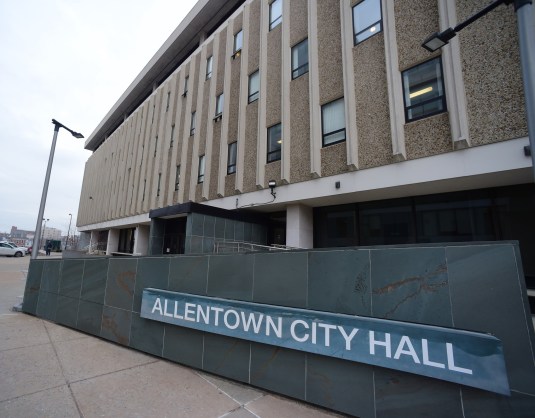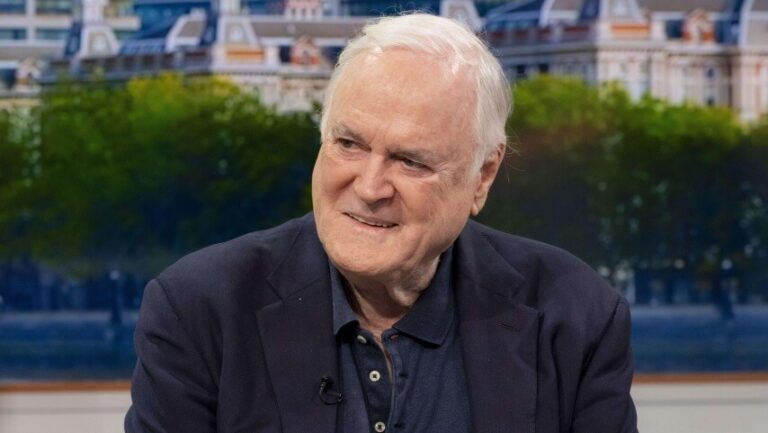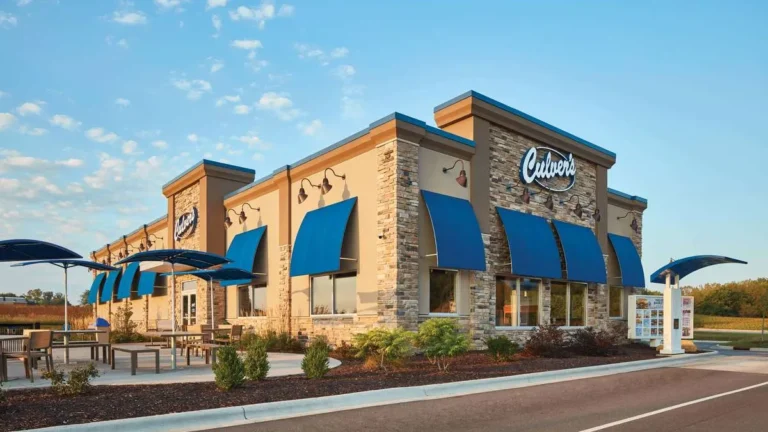Global Shift: Working Class Embraces Right-Wing Politics
The Working Class and the Right-Wing Shift: A Global Phenomenon
The world feels different these days, doesn’t it? If you’ve tuned into the political chatter lately, a noticeable shift is happening among working-class voters. Once the backbone of the left—those advocating for social justice and equality—many are now leaning right. This trend isn’t confined to a particular region; it’s a global occurrence that’s grabbing everyone’s attention. So, what’s fueling this unexpected pivot? Let’s unpack this intricate phenomenon together.
Understanding the Shift
To grasp the current political landscape, we first need to look at the historical context. The working class, traditionally associated with leftist ideologies, has played a crucial role in demanding social reforms and equity. However, over the past couple of decades, socio-economic and political factors have dramatically altered this allegiance.
Economic Discontent
Now, let’s talk about money—because let’s face it, for many folks, that’s what it all boils down to. Economic crises, stagnant wages, and rising living costs have profoundly impacted working-class communities. Many workers feel like they’ve been left behind while the elites have thrived.
So, what do people do when they feel economically vulnerable? They often seek out leaders offering simple solutions that promise immediate change. Right-wing parties, frequently adept at creating narratives around national pride and economic rejuvenation, have successfully tapped into that discomfort.
Cultural Frustrations
Aside from the economic woes, cultural tensions have spurred this shift as well. Globalization has gotten a bad rap lately, and for good reason. While it makes the world more interconnected, it often leaves local cultures feeling threatened. Workers in various countries perceive immigrants and global corporations as encroaching forces taking away their jobs and scuttling their traditions. Suddenly, right-wing parties seem to offer a sense of stability—an anchor in a wildly changing world.
The Role of Media
Don’t underestimate the power of information, or misinformation, in this narrative shift. Platforms like social media have transformed the way we consume news. In this era of instant gratification, sensationalist stories can go viral before the facts get a chance to catch up. Right-wing media outlets often frame discussions around identity and nationalism, creating resonant narratives that can sway public sentiment.
Global Case Studies
Does this shift sound familiar yet? You’d be surprised at the number of countries experiencing this phenomenon. Let’s take a closer look at a few notable examples.
The United States
Take the U.S. as a classic example. In recent elections, we’ve seen a significant swing among working-class voters toward the Republican Party. Issues like immigration and trade resonated deeply, leading many to embrace a party they once might not have considered. Think about it: “Make America Great Again” wasn’t just a slogan; it was a battle cry appealing to many who felt sidelined in the new American economy.
The United Kingdom
Across the pond, the U.K. is experiencing a similar trend with Brexit. Working-class voters, particularly in the North, turned against the traditional left in favor of the right, seeking to reclaim their sovereignty and jobs. Many felt the European Union had usurped British autonomy and jobs, leading to a surprising result at the polls.
Europe’s Landscape
Countries like Italy and Poland exhibit this shift too. In Italy, the far-right League has gained significant traction among laborers who feel disenfranchised. Poland’s nationalist movements often tap into similar sentiments, presenting themselves as champions of traditional Polish values against the backdrop of European integration.
The Psychology Behind the Shift
Let’s dig deeper into the psychology of this movement. It’s not merely about economics or culture; it’s also about identity and belonging. For many working-class individuals, their economic struggles have morphed into a crisis of identity. When a community feels undervalued and ignored, they naturally gravitate toward parties that promise to restore pride and recognition.
The Us vs. Them Mentality
Right-wing ideologies often thrive on creating an “us versus them” narrative. By framing the conversation around threats—be they economic migrants, globalization, or elite politicians—these parties foster a sense of solidarity among their constituents. It’s almost like creating a club with a clear hierarchy, where belonging provides comfort amidst chaos.
The Importance of Localism
Right-wing parties have also successfully highlighted the importance of localism. They advocate for policies that protect local industries and challenge global corporations, making appealing promises to restore a sense of community. This focus can entice those who feel disconnected from broader global agendas, making the right seem like a homey alternative.
The Consequences of This Shift
So, what does this paradigm shift mean for the future? It ushers in some real implications that we can’t afford to ignore.
Political Polarization
As the working class embraces right-wing ideologies, we’re fostering significant political polarization. Division tends to lead to hostility, making it increasingly difficult for any form of constructive dialogue. Think of our democratic discourse as a delicate ecosystem; when one species outcompetes another, imbalance ensues.
Shifting Policy Priorities
As these parties gain traction, we’ll likely see policy shifts that prioritize national interests over global concerns. This may include stricter immigration policies, protectionist economic measures, and a stronger emphasis on national sovereignty. If you think about it, this isn’t just a minor tweak; it could reshape entire economies and social systems.
Identity Politics Take Center Stage
With working-class concerns at the forefront, identity politics may emerge even stronger. From race to nationality, expect parties to leverage socio-political narratives that further divide or unite, depending on the audience’s sentiments.
Conclusion
In a world where expectations and realities often clash, it’s no wonder that the working class is gravitating toward right-wing politics. Economic struggles, cultural tensions, and compelling narratives fuel this transformation. As they seek stability and recognition, this shift has profound implications on our global landscape, exposing political polarization and redefining societal priorities. Moving forward, it’s crucial to foster understanding and dialogue among varying perspectives to create a more inclusive future for everyone.
FAQs
1. Why are working-class voters shifting to the right?
The shift is largely driven by economic discontent, cultural frustrations, and compelling narratives from right-wing parties that resonate with their experiences.
2. How has globalization affected the working class?
Globalization has led to perceived threats to local jobs and cultures, making many feel marginalized and fueling support for nationalist ideologies.
3. What are the implications of this political shift?
The shift could lead to increased political polarization, a focus on national interests over global ones, and an emphasis on identity politics.
4. How do media influences play a role in this shift?
Sensationalist stories and targeted narratives on social media can sway public sentiment and reinforce right-wing ideologies, often overshadowing nuanced discussions.
5. Can this trend be reversed?
Reversing this trend requires addressing the economic and cultural concerns of the working class, fostering inclusive dialogue, and offering viable solutions that resonate with their experiences.







